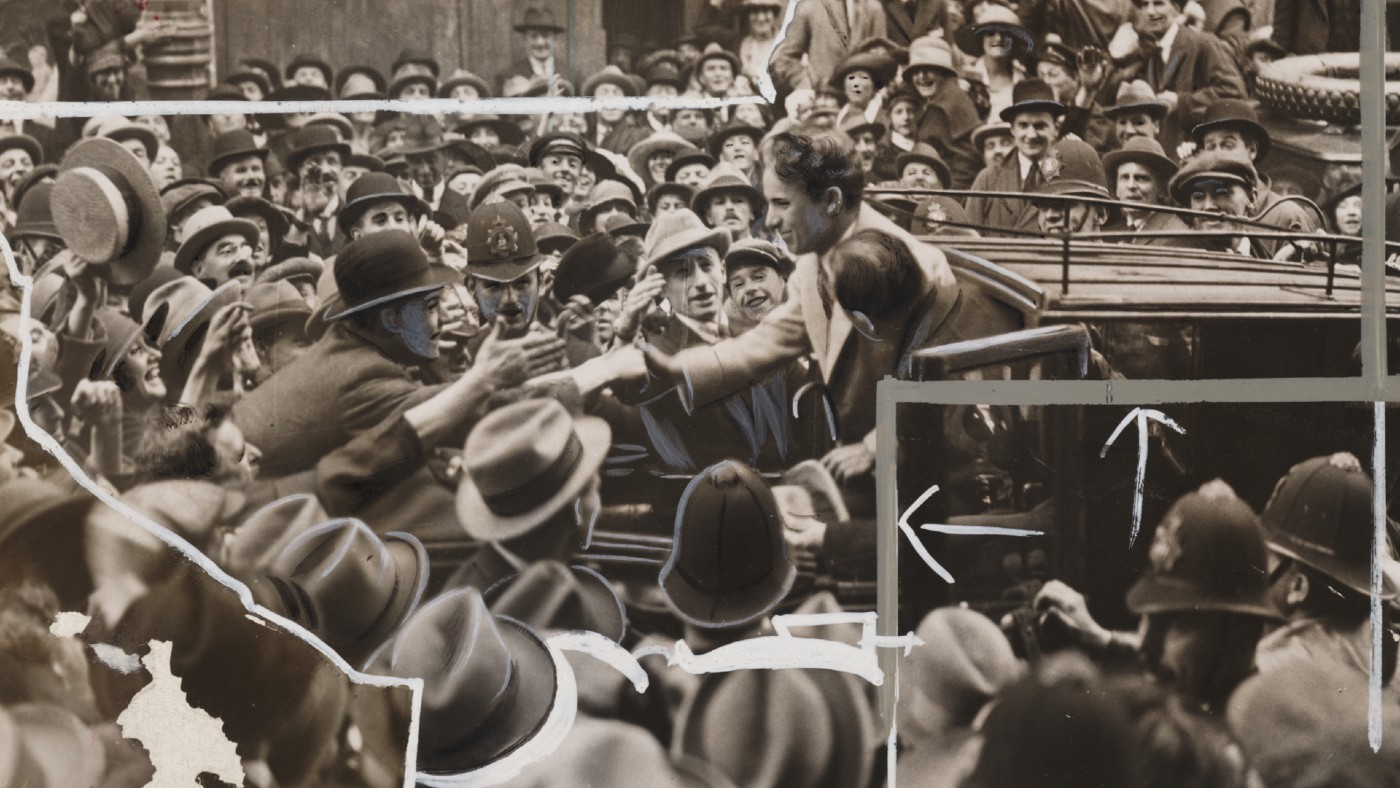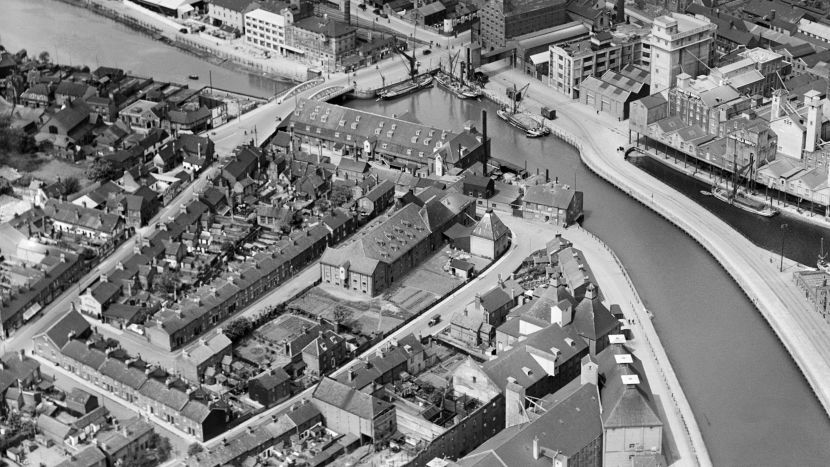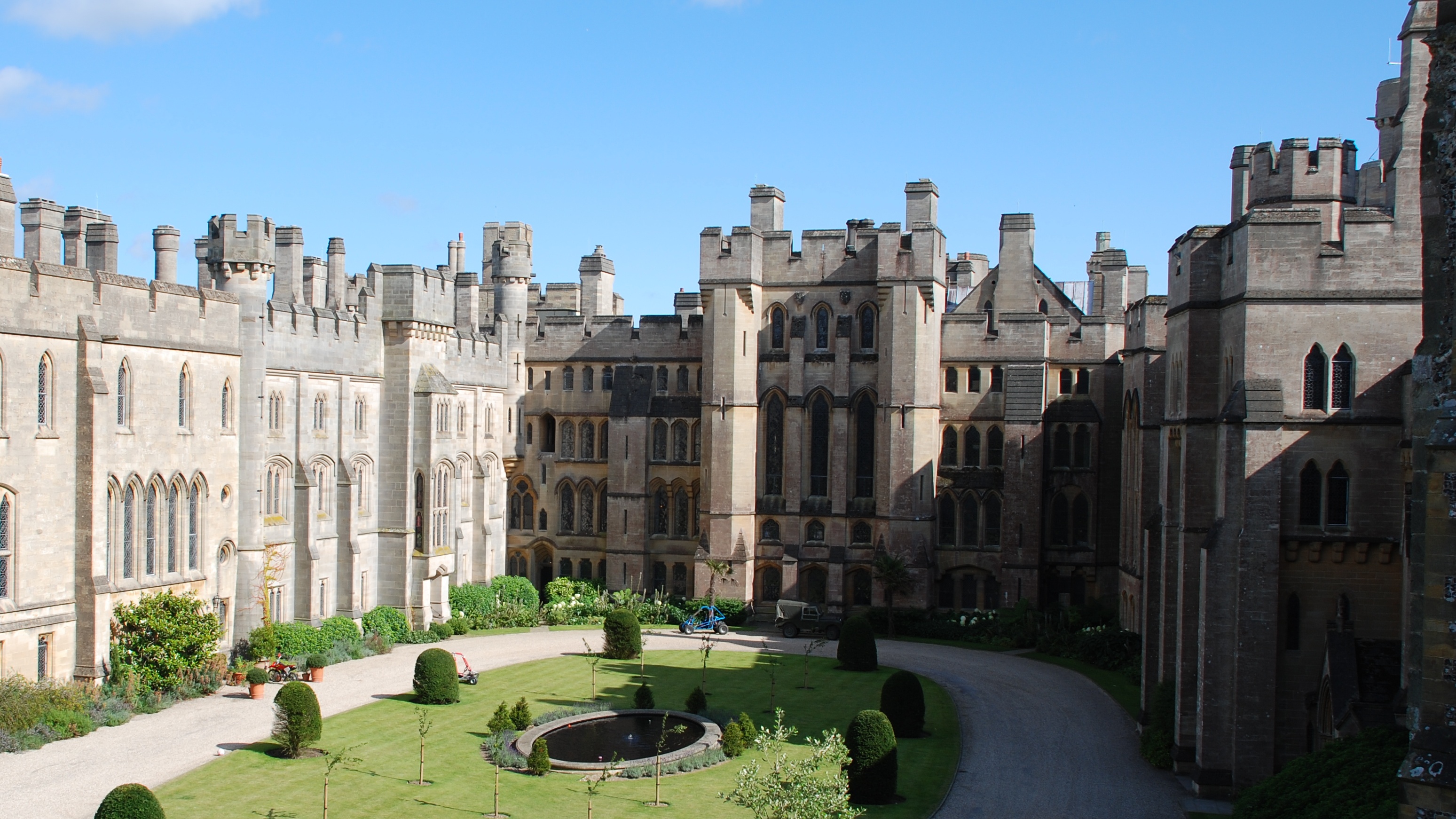What the 1921 census reveals about life in England and Wales
The details of 38 million people in 8.5 million households from a century ago are now available online

A free daily email with the biggest news stories of the day – and the best features from TheWeek.com
You are now subscribed
Your newsletter sign-up was successful
Would you like to know what your grandparents or great-grandparents were doing in the summer of 1921? Thanks to the 1921 census of England & Wales, the most extensive British census ever available online, you can now travel back in time to a century ago.
The census contains the details of 38 million people in 8.5 million households and has been digitised as part of a conservation project in association with the National Archives.
A team of archivists spent three years transcribing 28,000 bound volumes, bringing the lives of millions of early 20th-century men, women and children online.
The Week
Escape your echo chamber. Get the facts behind the news, plus analysis from multiple perspectives.

Sign up for The Week's Free Newsletters
From our morning news briefing to a weekly Good News Newsletter, get the best of The Week delivered directly to your inbox.
From our morning news briefing to a weekly Good News Newsletter, get the best of The Week delivered directly to your inbox.

Information that featured in the 1921 census included a person’s full address, the name of the people in their household, their relationship to the head of household, their sex, their marriage status and their orphanhood status.
According to the online genealogy service Findmypast, which worked with the National Archive to digitise the census, it is these last two questions that most show the impact of the First World War on the population. In 1921, a far greater proportion of widows were recorded than in the previous census of 1911, and 730,000 children were recorded with “Father dead” versus 260,000 with “Mother dead”.
The census also includes a person’s place of birth, nationality, educational status and, if relevant, the name, type and place of their work. A question is also asked about rank in the armed forces.
Famous inclusions
Among those recorded is King George V, the current Queen’s grandfather, his wife Queen Mary and four of their children: the Prince of Wales, Duke of York, Princess Mary and Prince Henry. The children’s author Beatrix Potter is also listed under Helen Beatrix Heelis, her real name, said The Times, and her occupation is described simply as “farmer”.
A free daily email with the biggest news stories of the day – and the best features from TheWeek.com
Another famous inclusion is Arthur Conan Doyle, the creator of Sherlock Holmes, who was being visited at his Sussex home by an American medium called Ada Bassinet at the time of the census, conducted on 19 June 1921. Bassinet “had been performing seances in Britain” at the time, added the paper.
Means of protest
According to The Guardian, many people used the 1921 census as a form of protest. “David Lloyd George, build houses”, wrote Henry Burrough from Durham on his form. Another, James Eldon Haynes from Yorkshire, wrote: “Out of Work in the Land Fit for Heroes.”
David Olusoga, professor of public history at the University of Manchester, said it was “fascinating” to see people subverting the census to use it as a means of protesting against the government of the day. “This use of the Census reminds me of the way people now use Twitter,” he added.
-
 The EU’s war on fast fashion
The EU’s war on fast fashionIn the Spotlight Bloc launches investigation into Shein over sale of weapons and ‘childlike’ sex dolls, alongside efforts to tax e-commerce giants and combat textile waste
-
 How to Get to Heaven from Belfast: a ‘highly entertaining ride’
How to Get to Heaven from Belfast: a ‘highly entertaining ride’The Week Recommends Mystery-comedy from the creator of Derry Girls should be ‘your new binge-watch’
-
 The 8 best TV shows of the 1960s
The 8 best TV shows of the 1960sThe standout shows of this decade take viewers from outer space to the Wild West
-
 The hidden gems in Historic England’s 100-year-old photo archive
The hidden gems in Historic England’s 100-year-old photo archiveIn the Spotlight New online library features 400,000 ‘bird’s eye views’ of the country dating back to 1919
-
 Arundel Castle heist: how did thieves steal Mary Queen of Scots’ gold rosary beads?
Arundel Castle heist: how did thieves steal Mary Queen of Scots’ gold rosary beads?In the Spotlight Police investigating abandoned burnt-out car believed to be connected to £1m robbery